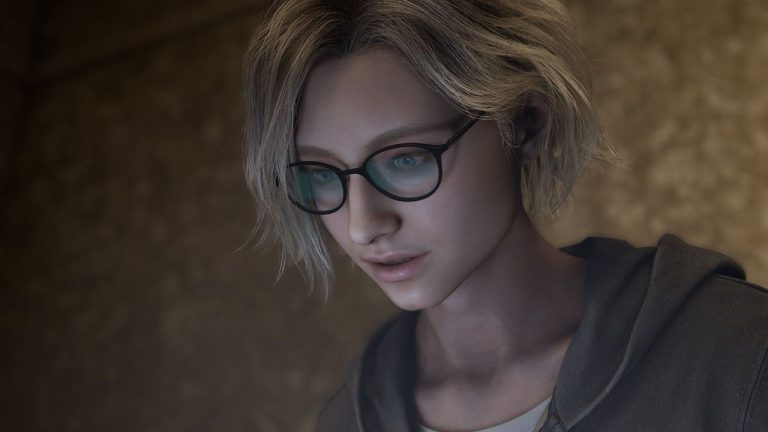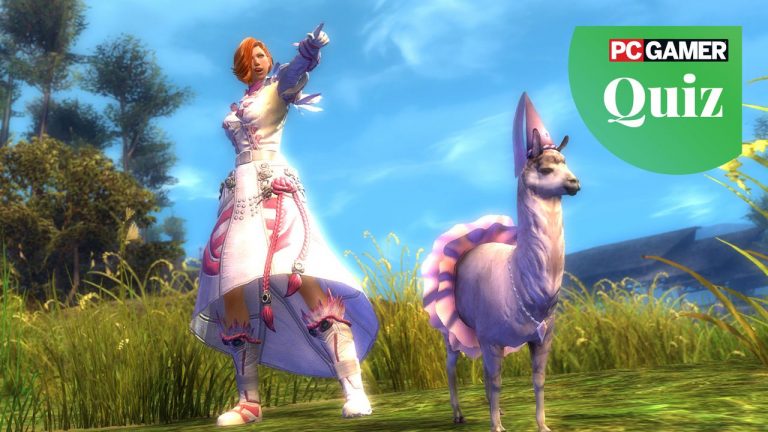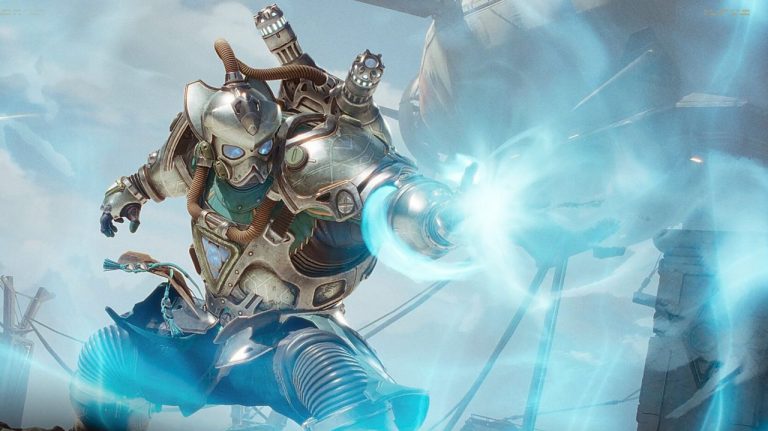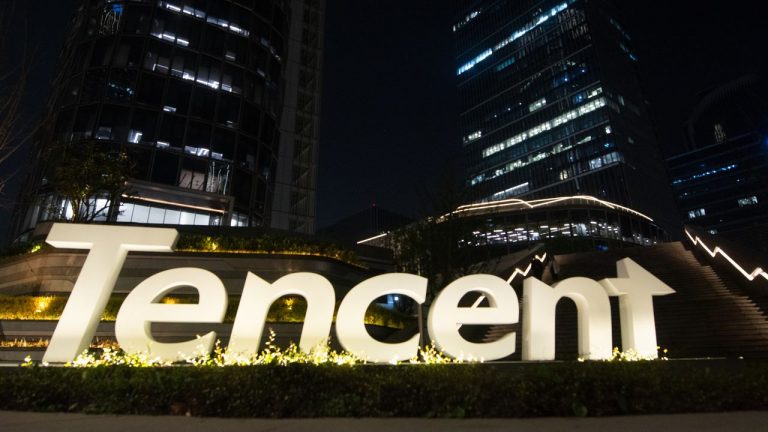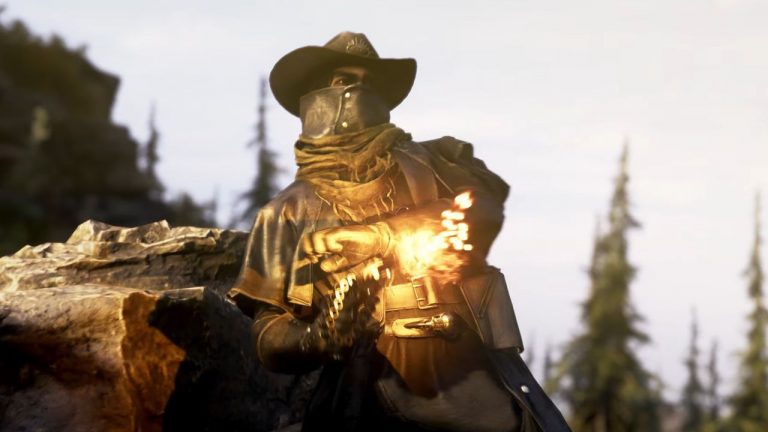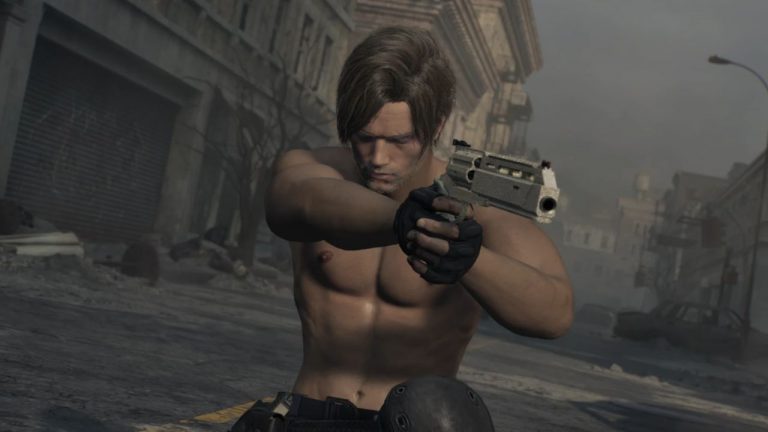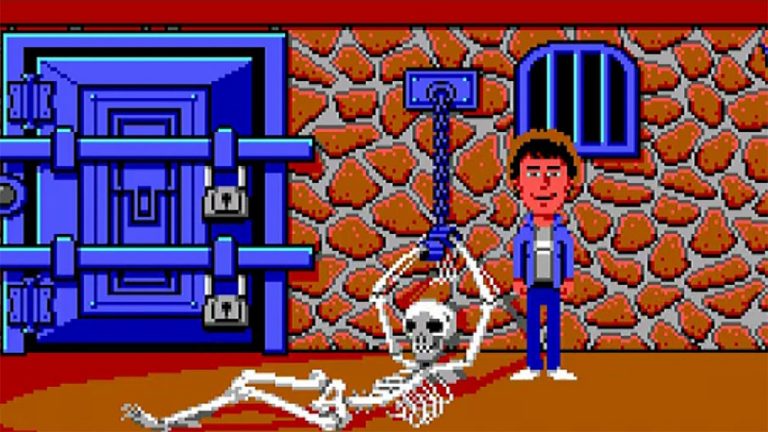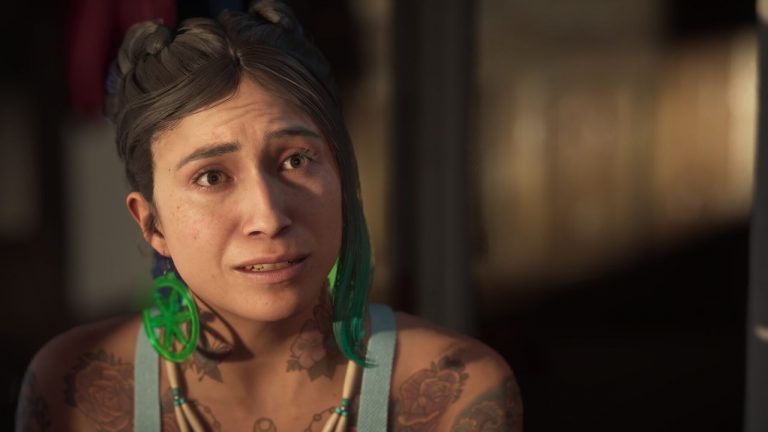As PC players, we’ve had ample reason to gripe about the culture of console exclusivity for some time—these games are running on hardware that’s often a smidge outdated by the time it hits the shelves, yet we can’t get our grubby little mitts on them?
Granted, there’s plenty of reasons as to why a dev team would want to optimise something for a specific loadout—the PC’s breadth of potential compatibility issues are a complete nightmare, especially as games get bigger in scope.
PlayStation has been a particular pain point over the past few years, with some genuinely excellent games like Final Fantasy 7 Remake, 2018’s God of War, and Insomniac’s Spider-Man taking their sweet time to mosey on over to Steam. Trends have continued with Rebirth, God of War: Ragnarök, and Spider-Man 2 respectively.
But worry not, fair keyboard warrior—it seems like the tide is largely turning according to both PlayStation’s current president, and now its former one too. That’s according to an interview with ex-head honcho Shawn Layden, courtesy of GamesBeat.
“When your costs for a game exceed $200 million,” Layden says, “Exclusivity is your Achilles’ heel. It reduces your addressable market. Particularly when you’re in the world of live service gaming or free-to-play. Another platform is just another way of opening the funnel, getting more people in.”
Layden’s reasoning here—that console exclusivity primarily hurts live service games—is a smidge corporate, especially considering many of the PlayStation exclusives I’ve been drooling over are single-player. Still, when he notes that “in a free-to-play world, as we know, 95% percent of those people will never spend a nickel … You have to improve your odds by cracking the funnel open”, he’s not necessarily wrong.
(Image credit: Santa Monica Studio)
The recent wave of live service games has followed a very similar pattern to the wave of MMORPGs in 2010-2020. As I pointed out last year, the problem is still very much the same: A big thing becomes popular, companies want to make their own version of the big thing, spend a bunch of money to do so, then watch it collapse under its own weight. The gaming ecosystem can only support a few of these giants before the whole thing buckles and breaks.
While a live service golden goose is still being chased by many developers, it’s actually really hard to get one off the ground. Layden adds: “Helldivers 2 has shown that for PlayStation, coming out on PC at the same time. Again, you get that funnel wider. You get more people in.” I do think part of Helldivers 2’s success is down to its fairer premium currency system, but the wider player pool doesn’t hurt.
As for single-player titles, Layden says there’s grounds to benefit there too: “For single-player games it’s not the same exigency. But if you’re spending $250 million, you want to be able to sell it to as many people as possible, even if it’s just 10% more.” He notes that while the console user base has increased its raw spending over time, “I look at that and see that we’re just taking more money from the same people.”
This is mostly just further evidence to stack onto the pile that—no, PC gaming isn’t dead. It’s also cause to cross my fingers even harder that we’ll eventually see the end of these year-long waits—though whether we’ll see more day-one releases like Helldivers 2 is another question entirely. The prestige of “Only on PlayStation” games is still a huge part of the company’s strategy, so we could just be looking at a shorter window, rather than a closed one.



